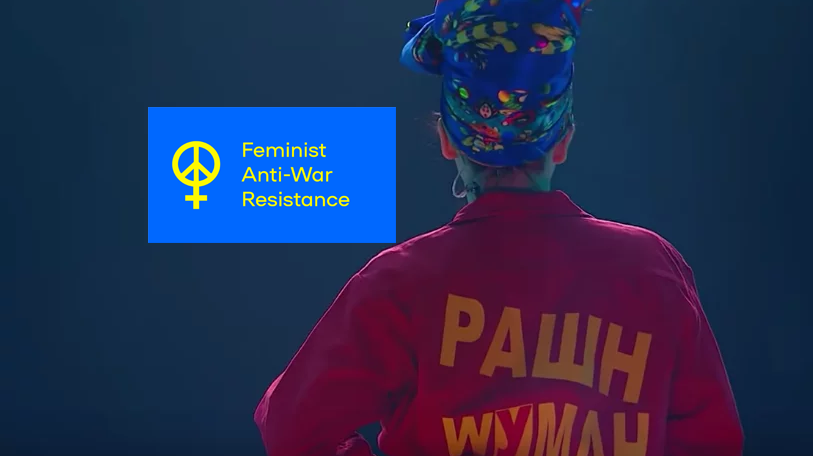
FEMCORUS is an interdisciplinary and collaborative research project on mediated feminism(s) in contemporary Russia. Our aim is to find non-reductionist ways of exploring and analyzing complex and productive intra-actions between different forms of media (from TV to Instagram), feminist discourses, and various audiences (feminist and non-feminist alike) within a general political context of neoliberal authoritarianism in Russia. The project draws on an assemblage of theoretical and methodological approaches – digital ethnographies, critical feminist studies, media studies, focus groups, cyberfeminism, and celebrity studies – to find new ways for understanding and articulating the cultural and political effects of ever-evolving entanglements between feminism(s) and new media. We are interested in looking at mediated feminism(s) in Russia from various perspectives: from regional feminist activists to glamorous feminist celebrities (Ksenia Sobchak or Ekaterina Varnava), from feminist influencers with a significant number of followers to anonymous cyber-commentators in VKontakte.


Celebrity feminism(s) emerges at the intersection of celebrity culture and feminist discourses. Celebritization makes certain feminist practices and ideas more visible and influential within current media, but at the same time, celebritization promotes celebrity personas’ appropriations of certain aspects of feminism for their own ends (Taylor 2016; Hamad & Taylor 2015), sporadical, eclectic, and thus depoliticizing usage of (often very loosely adopted) feminist slogans and ideas.

We follow Ayu Saraswati’s (2021) definition of neo-liberalization of feminism:“it is the ways in which feminist activism, even when it was not originally founded on neoliberalism, is carried out on digital platforms governed by neoliberal values of personal responsibility, entrepreneurship, and liberation through capitalism and by the neoliberal logic of the visual-economy marketplace, which limit and shape the trajectory and practice of feminist activism in this domain”.
But we also acknowledge that neo-liberalization is just one of the tendencies within mediated feminism(s) in Russia and as such, it can take oppositional political standing vis-à-vis ideologies of conservative turn promoted by the state.

The research results will be used to inform future journalistic and cultural practices, ethical choices, and codes of conduct when producing media content on gender and sexuality. The project will build practices of knowledge sharing between media and cultural industries, journalists and bloggers, activists, and the popular audience. It will open new avenues for collaboration and impact between academics and third sector communities. We are about to lunch a series of open lectures, seminars, and workshops to collectively discuss relevant feminist concepts, methodologies, and research in the field. If you want to join the conversation or follow the project’s updates, subscribe to our mailing list.
 The project is funded by
The project is funded by

